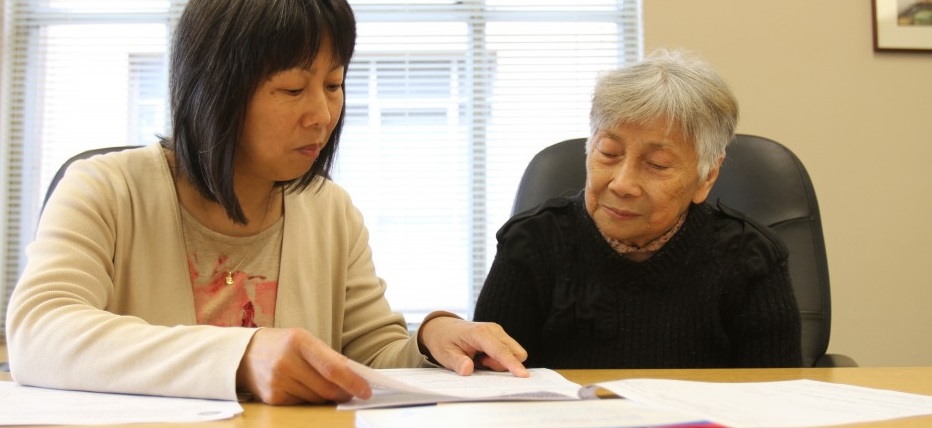Financial exploitation is a serious problem afflicting Asian American and Pacific Islander (AAPI) older adults across the nation. According to the National Adult Protective Service Association (NAPSA), the prevalence of financial exploitation is on the rise, with:
- 1 in 9 older adults reporting being abused, neglected or exploited in the past twelve months;
- 1 in 20 older adults indicating some form of perceived financial mistreatment occurring in the recent past; and,
- Only 1 in 44 cases of financial abuse ever being reported.
Among AAPIs, recent evidence in a longitudinal study of Chinese older adults reveals:
- Financial exploitation is the second most common form of abuse among Chinese older adults, with an incidence rate of 2.9%;
- Language preference and health status change are positively associated with elder abuse incidence; and,
- Those who have lived in the United States longer are most susceptible to abuse.
For many AAPI older adults, cultural barriers – such as prioritization of family harmony over self, immigration and levels of acculturation, cultural behaviors (e.g. silence), and the view of endurance and suffering as cultural virtues – are prevalent, leading to a reduced likelihood of reporting and seeking help.

In a focus group held by the National Asian Pacific Center on Aging (NAPCA) earlier this year, one Chinese participant shared “Asian families… don’t want others to know what’s happening. What they do for the child, or what the child’s doing to them, it’s shameful [and] embarrassing.”
These cultural barriers make find professionals challenged in delivering education to AAPI older adults on how to protect themselves from, and seek help for, financial exploitation.
For these reasons, NAPCA developed a partnership with the National Center on Elder Abuse (NCEA) to develop financial exploitation educational materials, which are being released today, June 15, 2017, in observance of World Elder Abuse Awareness Day.
The AAPI Financial Exploitation Series includes:
- Two fact sheets – Identifying Financial Exploitation, and Planning to Protect Yourself from Financial Exploitation – available in English, Chinese, Vietnamese, Korean, Tagalog, and Samoan; and,
- Guidelines for Professionals, which are intended to provide instructions on utilizing the in-language fact sheets developed within this series, and highlight best practices for professionals to utilize when working with AAPI older adults who may be a victim of, or vulnerable to financial exploitation.
To access these resources, visit NAPCA’s National Resource Center on AAPI Aging at www.napca.org/technical-assistance
In addition to these resources, NAPCA launched a Public Awareness Campaign on AAPI Elder Abuse, collecting nearly 300 comments on how to strengthen support systems for AAPI older adults. Comments were collected from older adults, professionals, researchers, and advocates, and spoke to a vast number of solutions to strengthen our support systems. Dr. XinQi Dong, who is a leading researcher of AAPI elder abuse, responded “We can build strong supports for AAPI elders by understanding cultural determinants of elder abuse, neglect and exploitation and not to have our preconceived notions about Asian model minority myths.” Resources, such as the AAPI Financial Exploitation Series, are critical to realizing these solutions.
The opinions expressed in this article are those of the author and do not necessarily reflect those of the Diverse Elders Coalition.

